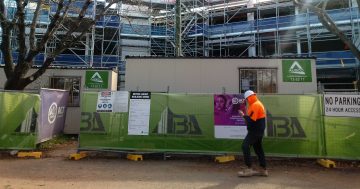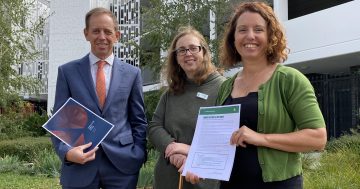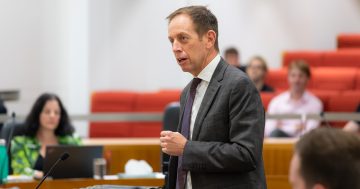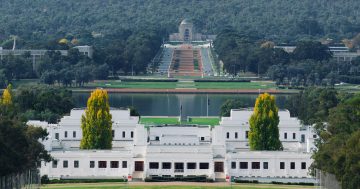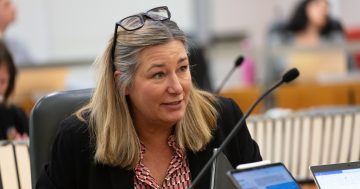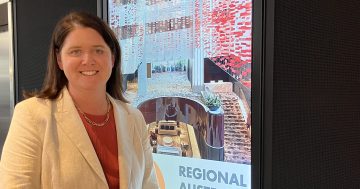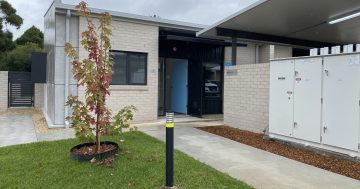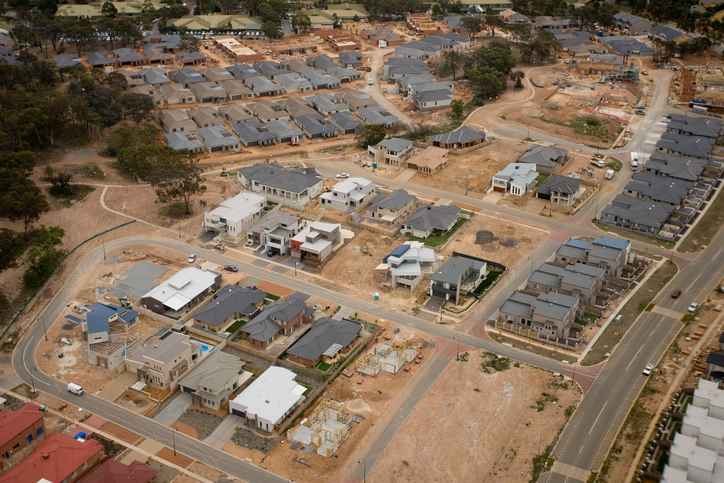
Over the past couple of weeks, there has been a lot of talk about a number of proposed public housing developments in Canberra’s southern suburbs. These proposals are part of the Government’s public housing renewal program, which has included the relocation of public housing tenants from ageing public housing developments along Northbourne Avenue.
I am a passionate advocate for public housing and believe we need to protect the policy of ‘salt and peppering’ of public housing across Canberra. In addition to avoiding ghettos, when we live in diverse neighbourhoods we have more opportunities to connect with others with different experiences, more able to develop our understanding of alternative perspectives and much more likely to create cohesive communities. I believe we need to all say ‘yes, in my backyard’, and recognise that our neighbours have something to contribute, no matter their bank balance or housing tenure.
Given all of this, it would be easy to harshly judge community members who are voicing concerns around the proposed developments and cast them as NIMBYs. However, an honest assessment of what is happening reveals that this is about communities who are frustrated and angry because they feel that they have not been consulted and involved in decisions that will impact on their lives.
Communities should be able to raise questions around the loss of community facility land, particularly in communities where community assets and facilities have been run down and neglected, without being made to feel bigoted and selfish.
Communities should be able to question why the Government has chosen not to locate public housing within the Northbourne Avenue precinct without being framed as opponents to all public housing development. It’s a reasonable question to ask why ‘salt and peppering’ is not being implemented in cases like the Northbourne Avenue corridor purely because of an economic imperative while communities are being asked to embrace this policy.
Communities should be able to expect those who are implementing decisions to front up to community organised forums to explain the proposals and engage with community views. It would be even better if political decision makers turned up in addition to public servants who often have limited ability to respond to community concerns.
Communities must be able to expect a decent level of consultation and participation in community and neighbourhood planning. As someone who attended many community meetings and discussions in the lead up to the Territory election, if there is one message that was sent loud and clear it was that the community needs to be more involved in neighbourhood planning – early and meaningfully.
We need to recognise that this isn’t a debate around public housing. It’s about community expressing the view that government must improve the way it works with the community, and draw on the expertise and experience that comes from living in neighbourhoods prior to making decisions.
What is clear is that the old ways of making and communicating these decisions just aren’t working – they are divisive and unhelpful. There are new deliberative democracy approaches including citizen juries and community panels which could enable citizens participation in much more meaningful ways. When we involve the community, we generally get better decisions and upfront engagement saves time and money in the long run. There is a great chance to find out more about these approaches soon, with the University of Canberra’s Institute for Governance and Policy Analysis hosting a free lecture on citizen juries on 4 May 2017
There is a great chance to find out more about deliberative decision-making processes soon, with the University of Canberra’s Institute for Governance and Policy Analysis hosting a free lecture on citizen juries on 4 May 2017. More information can be found at: http://www.governanceinstitute.edu.au/events/canberra-conversation-lecture-series/457/citizens-juries-the-answer-to-improving-community-engagement-in-the-act












